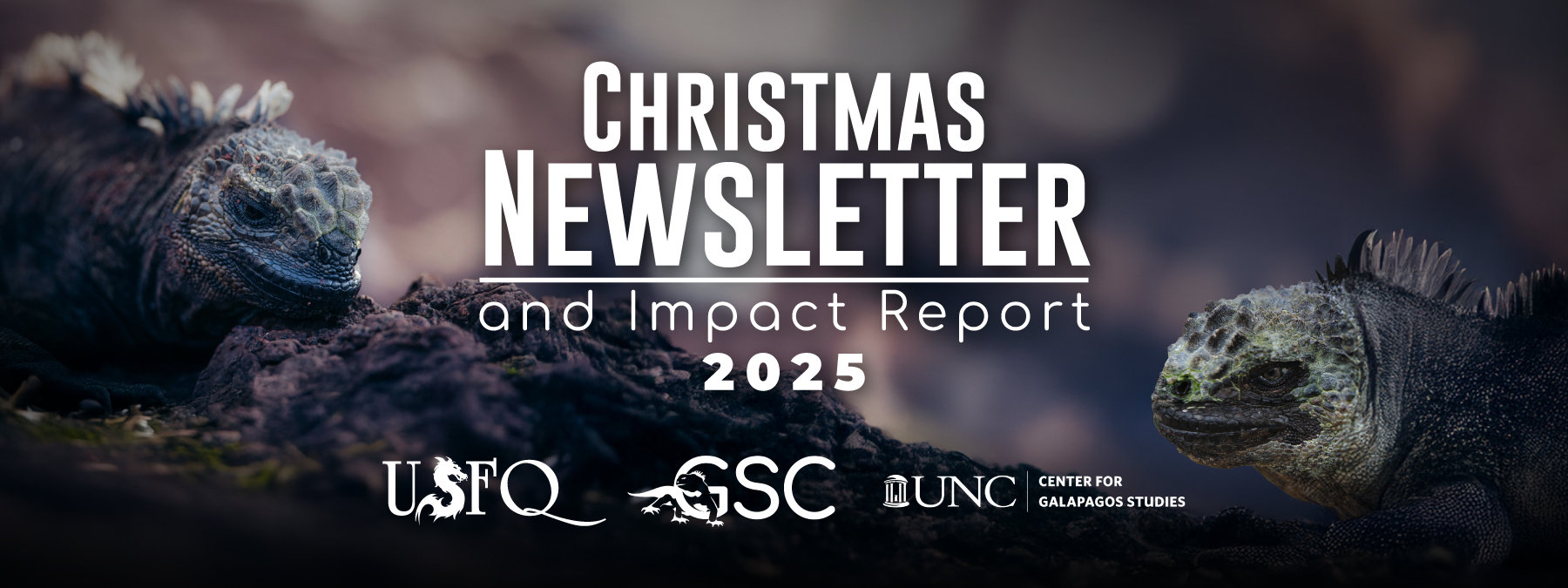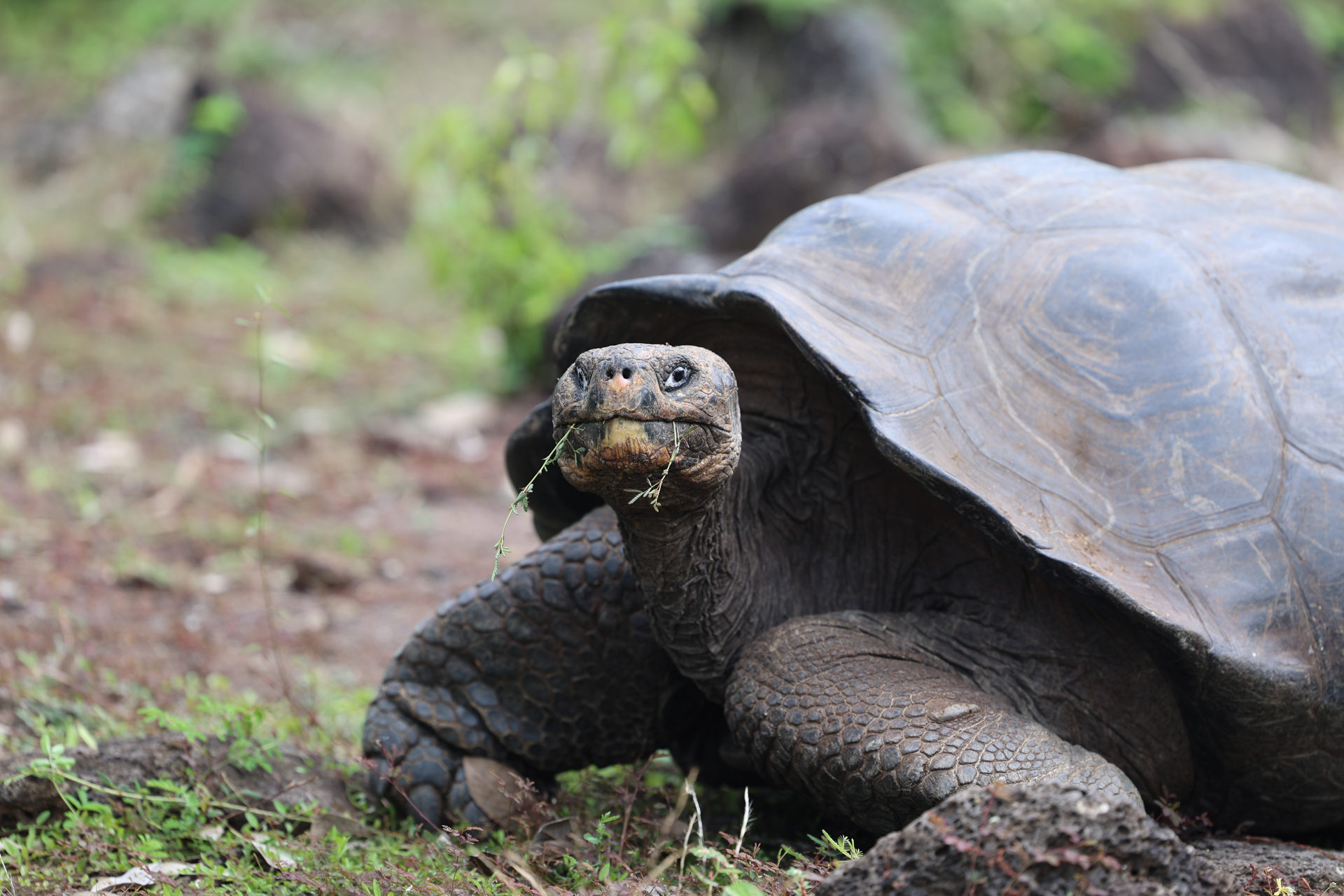Researchers from the USFQ, led by Rommel Vinueza, profesor from the School of Veterinarian Medicine, and the Agency for Regulation and Control of the Bio-security and Quarantine for Galapagos (ABG) surveyed 410 heads of cattle from 214 ranches across the three main populated islands in 2014 to analyze the presence of two common tropical diseases: Bluetongue virus and epizootic hemorhagic disease virus.
According to the publication in the Journal of Veterinary Diagnostic Investigation, biting midges (genus Culicoides) usually transmit bluetongue virus and epizootic hemorrhagic disease virus, orbiviruses of the Reoviridae family. While the study did not access the presence of the midges, the researchers used blood samples to conclude that the viruses are likely to not be present. Nevertheless, other tropical disease vectors have been found on the islands that could transport the disease in the future.
Therefore, further studies and observations of Galapagos cattle will be important to assess if the midges are present or the cattle have been infected from other sources.






